Thermodynamics stability is often used in chemical reactions to predict extent of reaction or to predict the preferred product in some reaction. Thermodynamically a more stable substance will be the one which has lower Gibb's free energy.In various cases,it might be decided on the basis of enthalpy, however , that may not always be true. The thermodynamic data Therefore can be used for prdicting stability among isotopes and to decide the possible transformation.Based on this information and the data given below, answer the questions that follow.
Date: ΔH∘fofSn(white)=0ΔH∘fofSn(grey)=−2.1kJ/moleS∘ofSn(white)=0S∘ofSn(grey)=44J/K−mole
All above data at 300K.
Density of Sn(w)=7.36g/ml
Density of Sn(g)=5.769gm/ml
One such transformation is 'tin pest' which is an autocatalytic, allotropic transformation of the element tin causing deterioration of tin objects at low temperatures.
As temperature is reduced, what can be predicted for objects containing tin ?
A
Transformation from white tin to grey tin occurs changing it to a more brittle form
B
There will be a contraction in volume observed due to the allotropic change
C
The reaction will slow down after after initiation
D
The objects will become stronger
Text Solution
The correct Answer is:A
|
Topper's Solved these Questions
- GRAPHICAL INTERPRETATIONBOOK - GRB PUBLICATIONCHAPTER - GRAPHICAL INTERPRETATIONEXERCISE - Comprehension 2
1 Videos
- GRAPHICAL INTERPRETATIONBOOK - GRB PUBLICATIONCHAPTER - GRAPHICAL INTERPRETATIONEXERCISE - Comprehension 3
1 Videos
- GRAPHICAL INTERPRETATIONBOOK - GRB PUBLICATIONCHAPTER - GRAPHICAL INTERPRETATIONEXERCISE - Comprehension 1
1 Videos
- F-BLOCK ELEMENTSBOOK - GRB PUBLICATIONCHAPTER - F-BLOCK ELEMENTSEXERCISE - Subjective type
7 Videos
- HYDROCARBON (ALIPHATIC)BOOK - GRB PUBLICATIONCHAPTER - HYDROCARBON (ALIPHATIC)EXERCISE - Previous years jee questions
28 Videos
Similar Questions
Knowledge Check
Thermodynamics stability is often used in chemical reactions to predict extent of reaction or to predict the preferred product in some reaction. Thermodynamically a more stable substance will be the one which has lower Gibb's free energy.In various cases,it might be decided on the basis of enthalpy, however , that may not always be true. The thermodynamic data Therefore can be used for prdicting stability among isotopes and to decide the possible transformation.Based on this information and the data given below, answer the questions that follow.
Date: ΔH∘fofSn(white)=0ΔH∘fofSn(grey)=−2.1kJ/moleS∘ofSn(white)=0S∘ofSn(grey)=44J/K−mole
All above data at 300K.
Density of Sn(w)=7.36g/ml
Density of Sn(g)=5.769gm/ml
One such transformation is 'tin pest' which is an autocatalytic, allotropic transformation of the element tin causing deterioration of tin objects at low temperatures.
Which of the following graph is correct for the allotropic transition Sn(white)→Sn(grey) at 1 bar and 298 K?A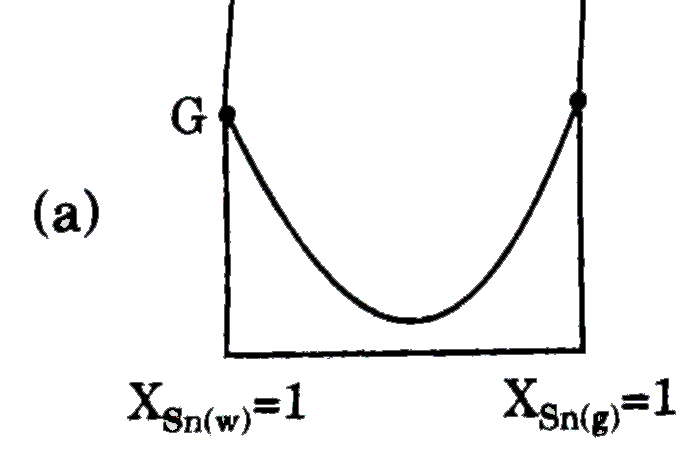 B
B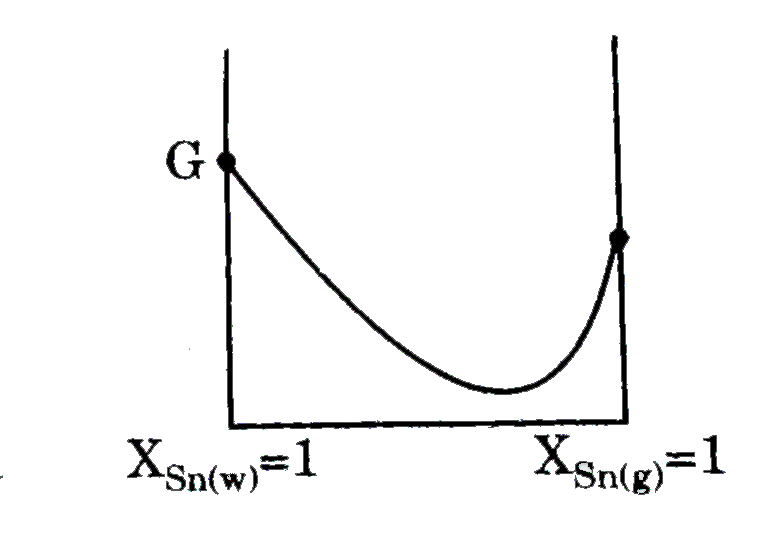 C
C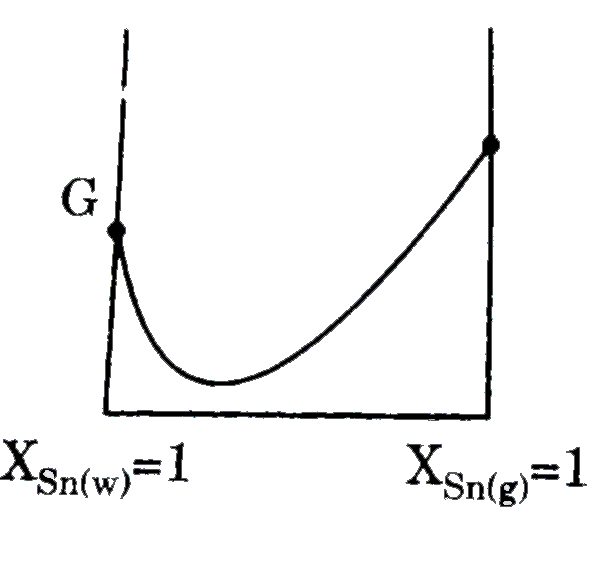 D
D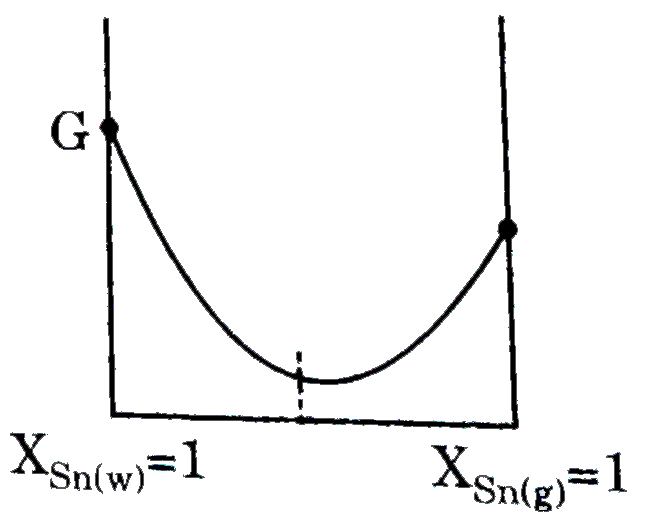
Predict the product R in the reaction
 A1-MethylcyclopentanolB2-MethylcyclopentanolC2-MethylcyclopenteneDCyclohexane
A1-MethylcyclopentanolB2-MethylcyclopentanolC2-MethylcyclopenteneDCyclohexanePredict the product in the given reaction :
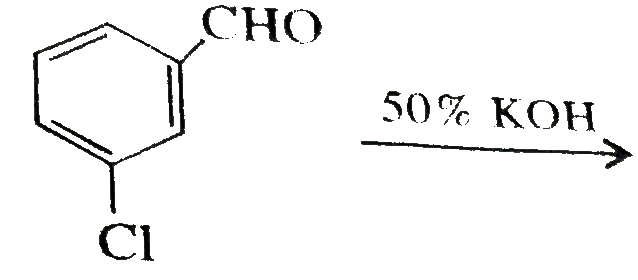 A
A B
B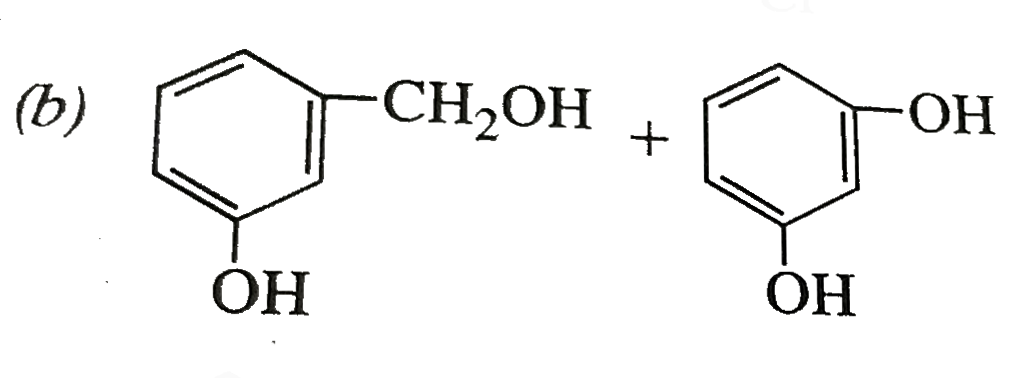 C
C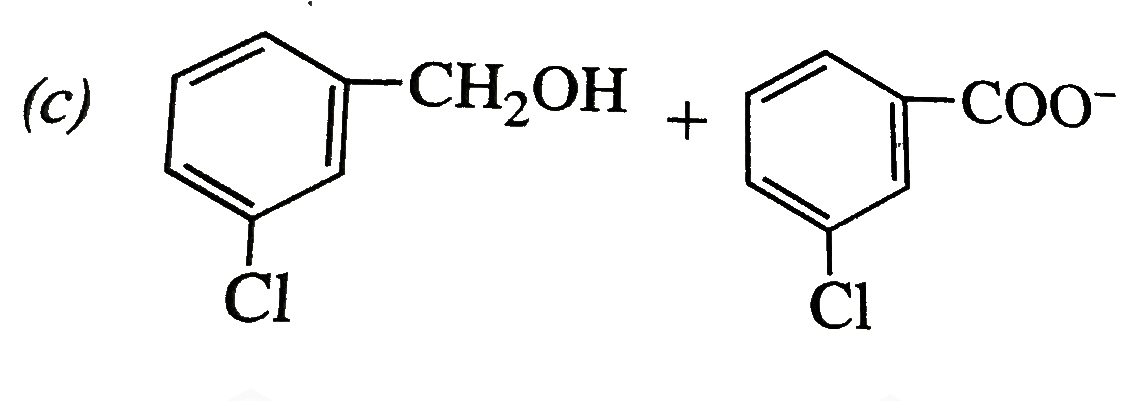 D
D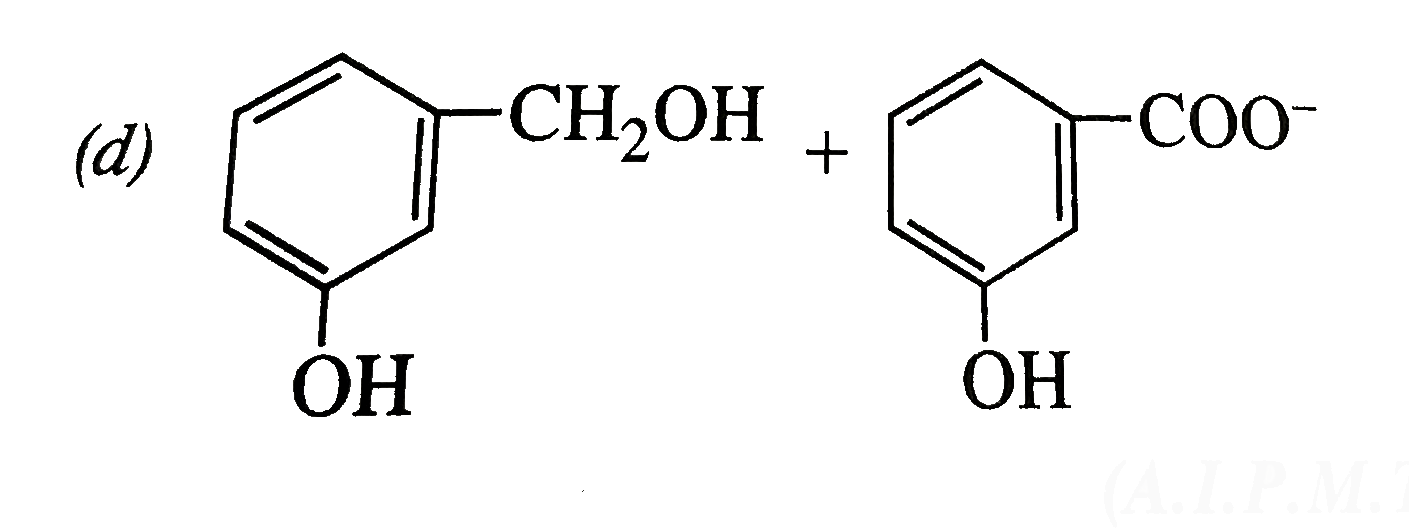
Predict the product of the following reaction
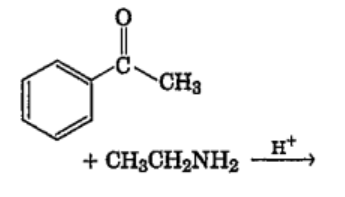
View SolutionPredict the products of the following reactions:
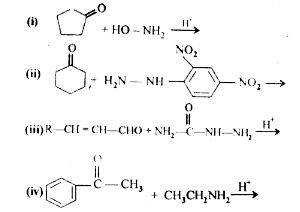
View SolutionWhich is thermodynamically more stable - diamond or graphite ?
View SolutionGibb's free energy and spontaneity of a Chemical Reactions
View SolutionThermodynamic feasibility of the reaction alone cannot decide the rate of the reaction. Explain with the help of one example.
View Solution
